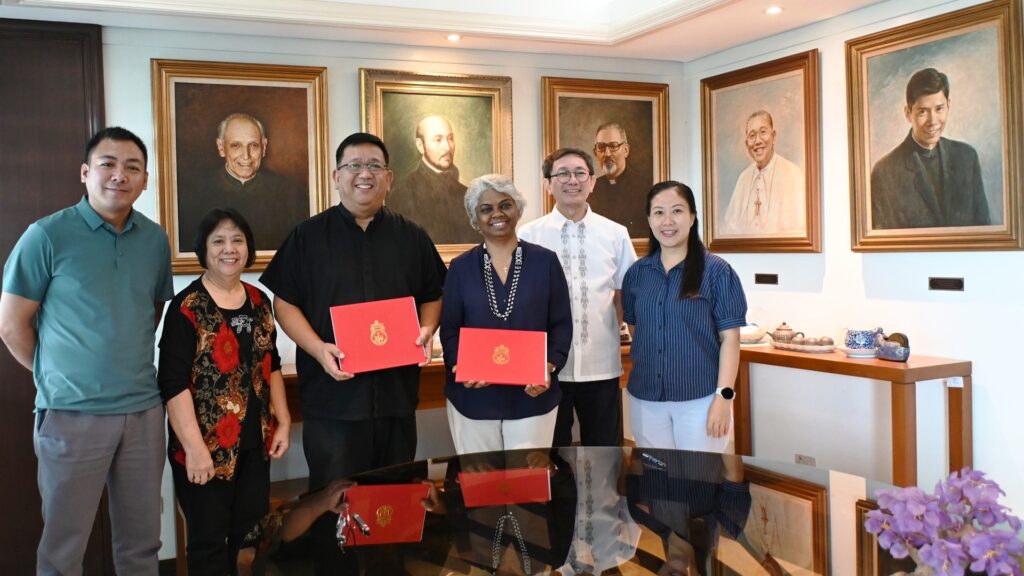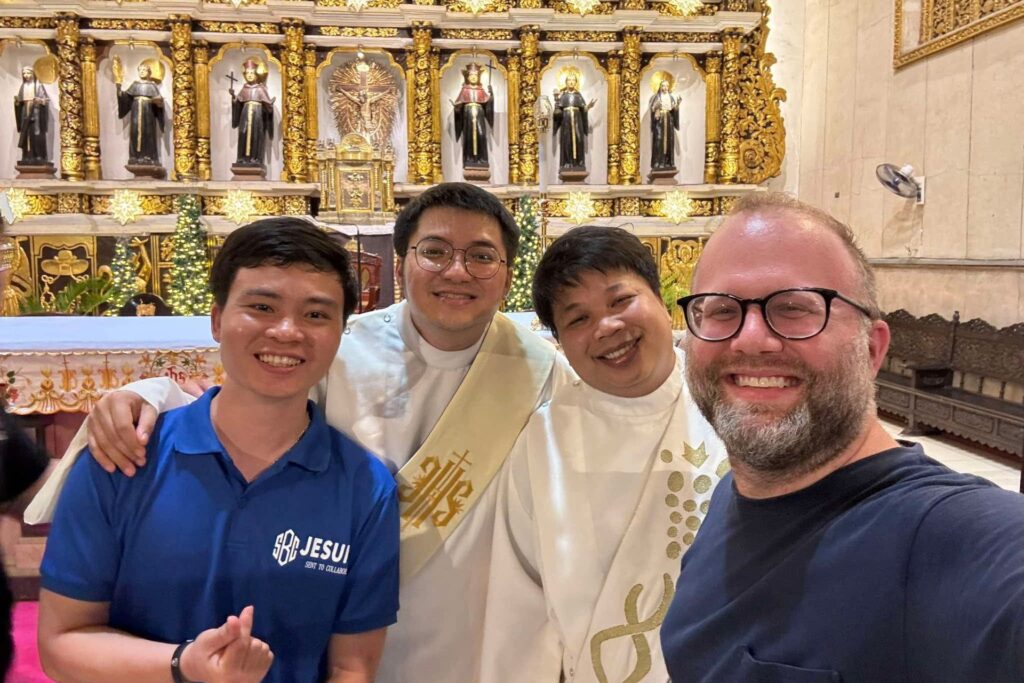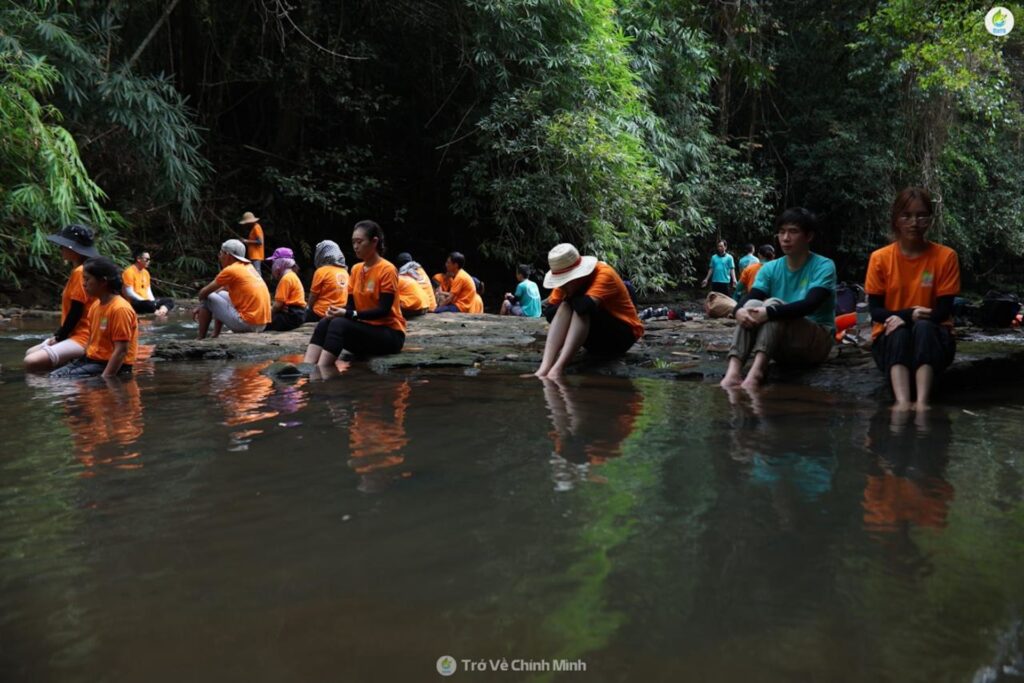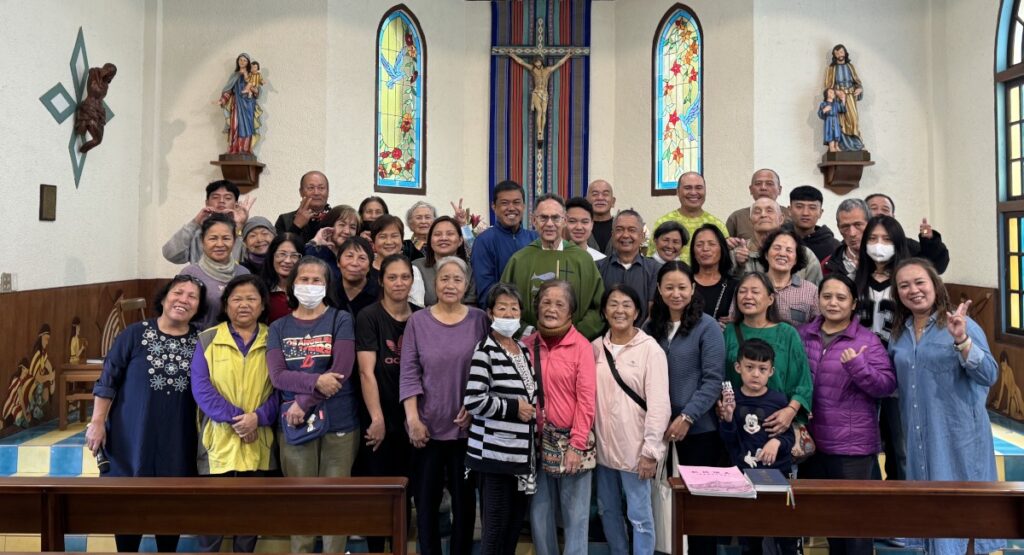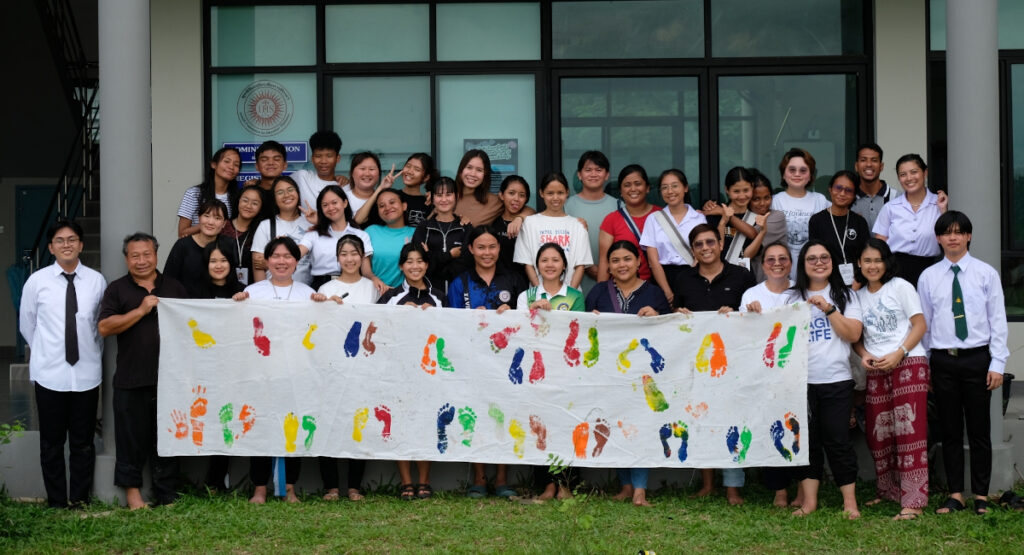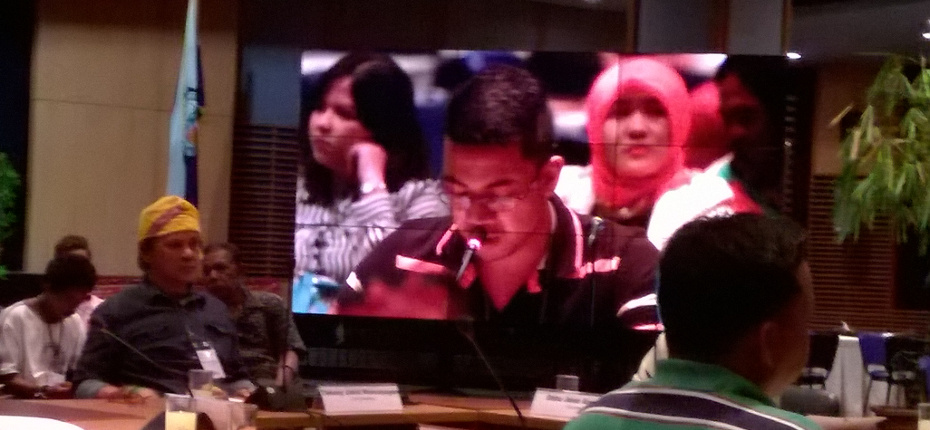
Following the promulgation of the Philippine Province Roadmap that identifies Mindanao as a province priority for apostolic work, the Jesuits held for the first time a Province Indigenous Peoples Ministry Summit from July 11 to 12 at the Ateneo de Davao University (ADDU).
Fr Jose Mari Manzano SJ, Province Coordinator for the IP ministry, chaired the summit assisted by ADDU faculty and staff, and other Philippine Jesuits working with the IP ministry. The participants included 37 representatives of IP communities, 20 representatives of civil society organisations and government agencies including the National Commission on Indigenous Peoples, 15 Jesuit partners and 14 Jesuits.
“The summit was an important occasion for three levels of conversations,” shared Fr Gabriel Jose Gonzalez SJ, Province Assistant for Planning. “The first level of conversation among the Jesuits, our partners, CSOs and government agencies revealed our numerous but rather disparate efforts over the past decades and alerted us to possible collaborations,” he said. “It was notable how even individual Jesuits needed to know more about what each other was doing.”
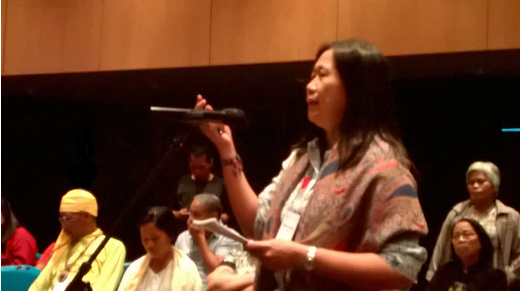
“It highlighted the most basic need for recognition of their identity and the intimate connection of that identity with their ancestral land,” said Fr Gonzalez.
Among the issues the IP leaders raised was the lack of authentic representation in political bodies as provided by Philippine law, participation in dialogues and agreements the national and local governments enter into, displacement as a result of natural disasters, large corporation developments such as mining, fishing and corporate farming, wars between the government and militant Islamic groups as well as between the government and communist groups, access to basic services, especially health and education, and the commodification of their culture.
“The conversation confirmed their desire for self-determination and a commitment to keep and exercise that right,” Fr Gonzalez said.
The final level of conversation checked for correspondence between what the IP leaders identified as the concerns for which they need the most assistance and the assistance that the Jesuits and their collaborators can provide. Correspondences were found in education, training in leadership and governance, health, legal assistance and advocacy for the full implementation of the Indigenous Peoples Rights Act, cultural research and documentation, and indigenous representation in peace processes.
“From this summit came a sense of confirmation of the directions the province has been considering for its IP ministry,” said Fr Gonzalez. “At the same time, it underlined the need for the province to prioritise action points that it is able to deliver in the shorter term.”
At the end of the summit, Philippine Jesuit Provincial Fr Antonio Moreno announced the formation of an IP Ministry Committee under the province’s Commission on Ministries, which will translate the affirmations and clarifications coming from the summit into concrete actions for immediate implementation.
Main photo: Timuey Jimid Masayagan of the Lumad Mindanao People’s Federation leads the discussion on IP narratives in the face of development aggression.


